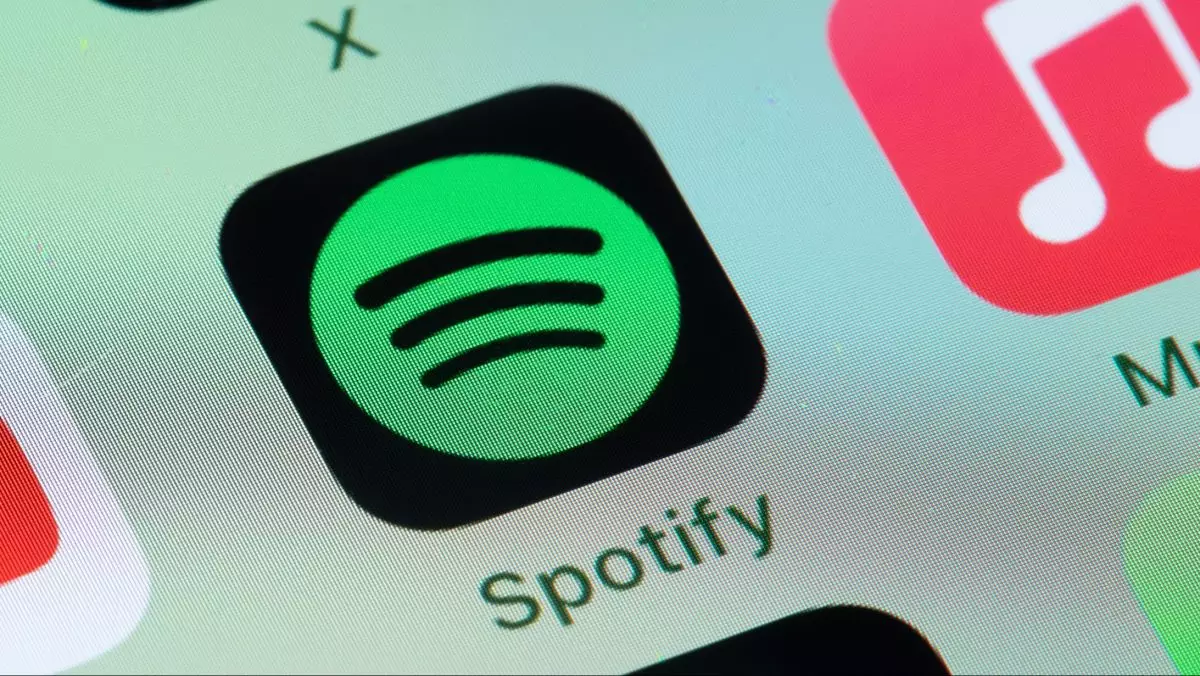In a significant move that has raised eyebrows within the developer community, Spotify recently announced a series of restrictions on its Web API, effectively limiting third-party developers’ access to critical features of its platform. This announcement highlights an ongoing tension between the music streaming giant and developers who have been leveraging its API to build innovative apps, some of which utilize AI capabilities. The measure, articulated by a Spotify spokesperson, signals the company’s endeavor to enhance security while simultaneously addressing potential misuse of its data.
Spotify’s decision appears rooted in a desire to mitigate security challenges and control how its vast user data is accessed and utilized. According to the company, certain developers have misappropriated its API, engaging in activities such as data scraping. This practice could easily lead to an invasion of privacy for Spotify’s user base, as it would enable unauthorized insights into their listening behaviors. In the fiercely competitive landscape of music streaming, where insights translate to a competitive advantage, Spotify’s move to restrict access appears aimed at safeguarding its unique value propositions, such as its song and artist recommendation algorithms.
The repercussions of these changes are quite significant. Developers will no longer have access to essential features that include not only song and artist recommendations but also Spotify’s Audio Analysis and Audio Features. These tools have been invaluable for developers crafting applications that enhance the listening experience, provide data analytics, or develop AI-driven music recommendation systems. Additionally, by retracting access to algorithmically-generated playlists, Spotify is asserting its control over what it perceives as its proprietary methods for engaging users on its platform.
The implications of these restrictions are manifold, particularly for developers whose applications do not necessarily relate to AI. The outrage expressed in Spotify’s community forums underscores the frustration felt by developers who have invested time and energy into creating interoperable tools that are now rendered ineffective by this sudden policy shift. Essentially, the order blindsided numerous developers, leading to concerns that the environment for creative applications on Spotify could diminish.
AI and Competitive Dynamics
A crucial aspect of this shift is the role of artificial intelligence in the modern music industry. As Spotify continues to innovate with AI, evidenced by recent launches including an AI DJ and sophisticated playlist curation algorithms, the company is tightening its grip on the data that fuels these technologies. Developers in the forum have pointedly argued that the restrictions stem less from legitimate concerns about privacy and more from a desire to limit the competitive use of data by external parties. The fear articulated by some developers is that with the proliferation of transformer-based AI models, any unauthorized emulation of Spotify’s algorithms could dilute the company’s competitive edge.
Ultimately, the tightening of API access could stifle innovation. While it’s clear that safeguarding user data is a priority, an ecosystem that discourages collaboration and development may have negative long-term implications. This situation mirrors broader discussions within technology sectors about the balance between data privacy and openness. Spotify’s retreat could signal a trend where companies prioritize proprietary control over collaborative ecosystem growth.
Looking Ahead: Developer Relations and Future Prospects
It remains to be seen how these changes will impact Spotify’s relationship with its developer community. Although developers who have previously secured access extensions may continue to leverage the API, the lack of advance notice raises questions about Spotify’s transparency and communication strategies. For many developers, the abrupt nature of this decision feels counterproductive at a time when the music tech industry is converging on further integration between apps and streaming services.
As Spotify continues to explore AI applications and other technological innovations, a reconsideration of its API strategies may be necessary to foster a healthy developer ecosystem. Maintaining a collaborative spirit could lead to more robust applications that enhance user experience while respecting data privacy. Future iterations of Spotify’s API policy could benefit from a more transparent approach, ensuring that developers feel valued as partners rather than adversaries in this evolving landscape.
In essence, while Spotify’s protective stance is understandable, the risk of alienating the vibrant developer community could outweigh the benefits of tighter control over its data. Balancing security and innovation will be critical for Spotify as it navigates this complex terrain.

